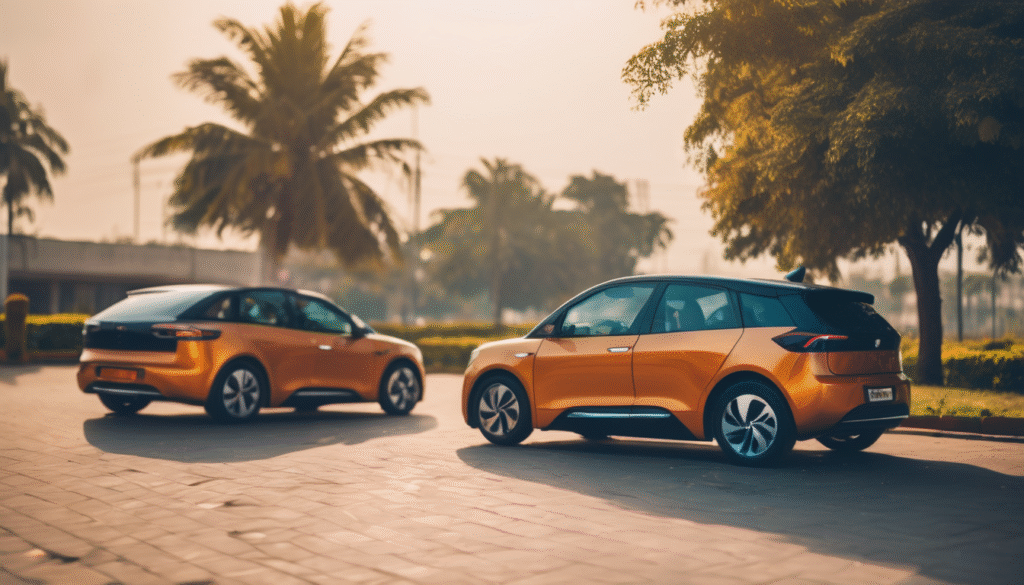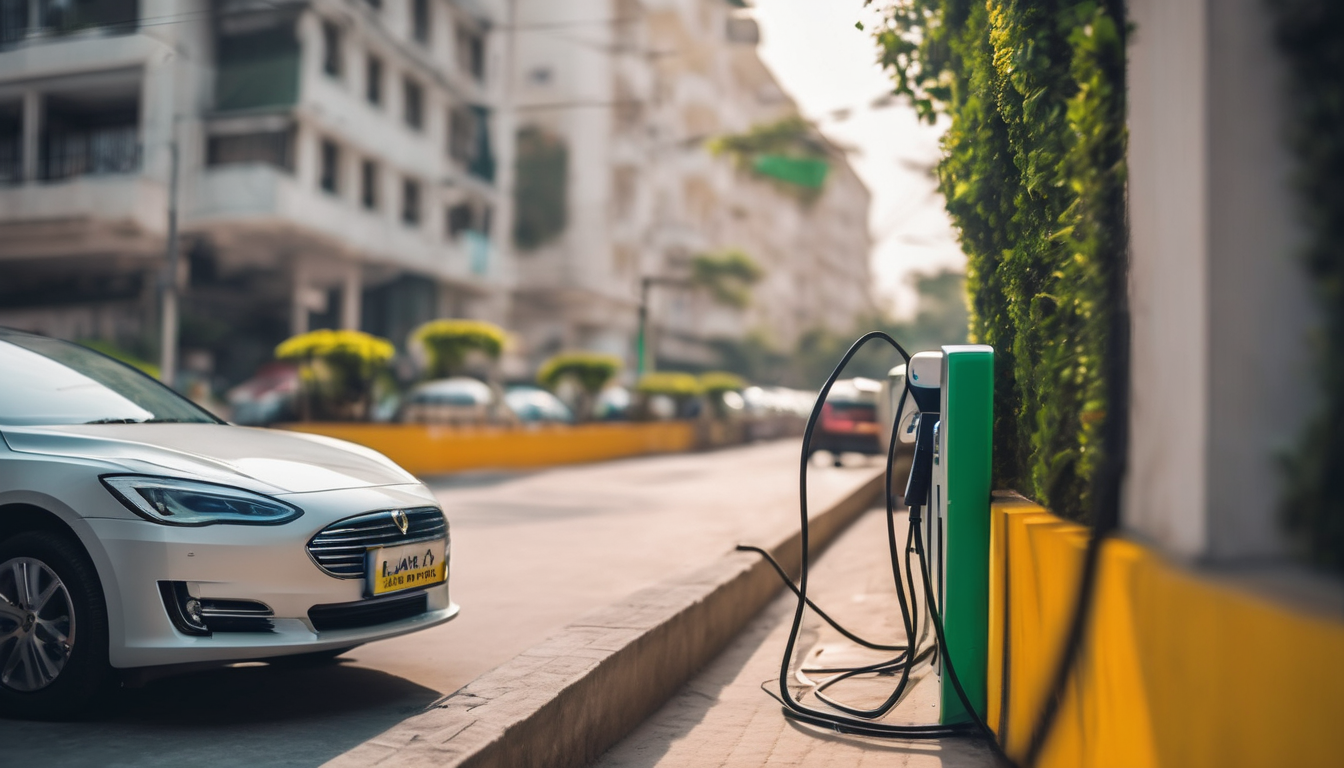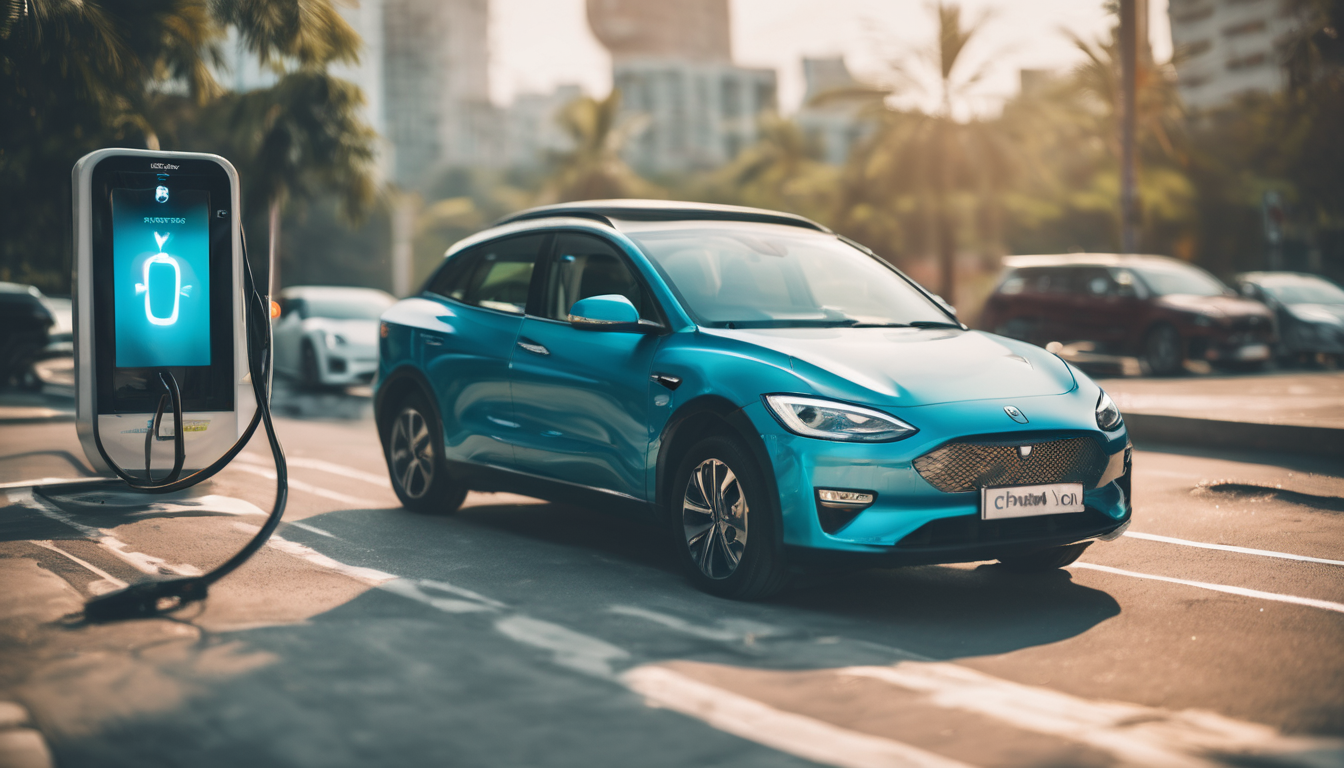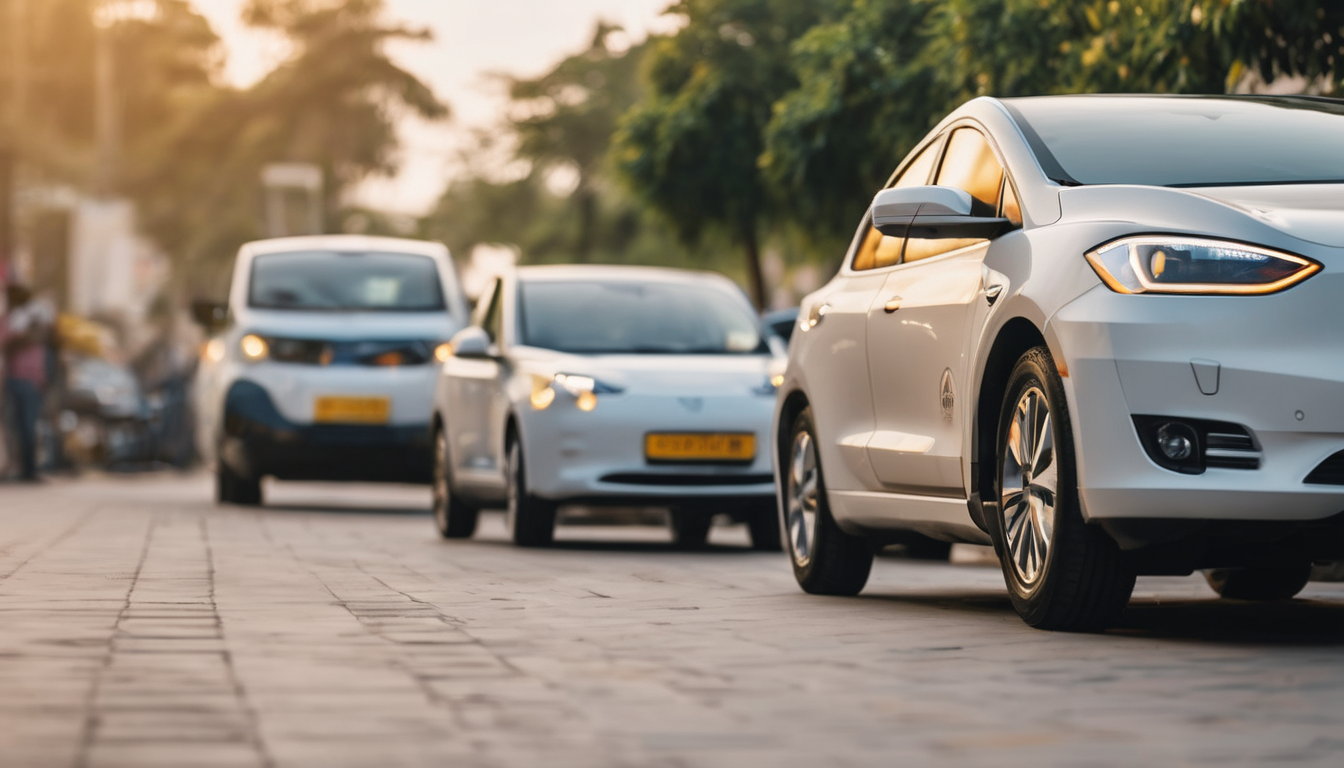Introduction
As India accelerates towards a more sustainable future, the integration of electric vehicles (EVs) into the mainstream transportation system is becoming increasingly evident. With the government’s push for clean energy, the future of EV charging in India is entering an exciting phase, particularly with advancements in wireless and solar-powered charging technologies. These innovations promise to transform the landscape of sustainable mobility, making EVs more accessible and convenient for everyday users.
The Need for Advanced Charging Solutions
The rise of electric vehicles presents both opportunities and challenges for India’s transportation infrastructure. As the demand for EVs grows, so does the need for efficient and widespread charging solutions. Traditional charging methods can be cumbersome and time-consuming, often leading to range anxiety among potential EV buyers. This is where wireless and solar charging technologies come into play:
Benefits of Wireless Charging
- Convenience: Wireless charging eliminates the need for physical plugs, allowing users to simply park their vehicles over a charging pad.
- Time-saving: With no need to plug in, charging can occur during short stops, such as at traffic lights or while parked in public spaces.
- Reduced Wear and Tear: The absence of physical connectors reduces the risk of wear on both the vehicle and the charging infrastructure.
Advantages of Solar Charging
- Renewable Energy Source: Solar power is abundant and sustainable, making it an ideal choice for charging electric vehicles.
- Cost-Effectiveness: Over time, the use of solar power can significantly reduce electricity costs associated with charging EVs.
- Energy Independence: Solar charging stations can be installed in remote areas, reducing reliance on traditional power grids.
Current Landscape of EV Charging in India
India’s charging infrastructure is rapidly evolving, with both the government and private sectors investing heavily in the development of EV charging stations. According to reports, the number of charging stations across the country has quadrupled in just over a year, reflecting the growing commitment to sustainable transportation.
However, there are still significant gaps in the existing infrastructure, particularly in rural and semi-urban areas. This is where innovative solutions like wireless and solar charging can bridge the divide.
Technological Innovations in Wireless EV Charging
Wireless charging technology is still in its nascent stages in India, but early developments show promise. Companies are experimenting with various methods to create efficient and safe wireless charging systems. Some key points include:
How Wireless Charging Works
Wireless charging typically involves the use of electromagnetic fields to transfer energy between two coils: one installed in the vehicle and the other embedded in the charging pad. This technology can be adapted for various applications:
- Static Charging: Charging while parked over a pad.
- Dynamic Charging: Charging while driving over specific road sections equipped with charging infrastructure.
Challenges Ahead
Despite its potential, wireless charging faces challenges that must be addressed:
- High Costs: The initial investment for infrastructure can be substantial.
- Standardization: Lack of universal standards for wireless charging technology can lead to compatibility issues.
- Efficiency: Current systems may not achieve the same efficiency levels as wired charging.
Solar Charging Stations: A Sustainable Solution
Solar charging stations are gaining traction as a viable and sustainable alternative to traditional charging. The Indian government has recognized this potential and is actively promoting the establishment of solar charging infrastructure. Initiatives include:
- Incentives for Solar Installations: Tax benefits and subsidies for businesses and individuals who invest in solar energy.
- Partnerships with Private Firms: Collaborations with private entities to set up solar EV charging stations in urban and rural areas.
- Integration with Smart Grids: Enhancing the efficiency of solar energy use through smart grid technology.
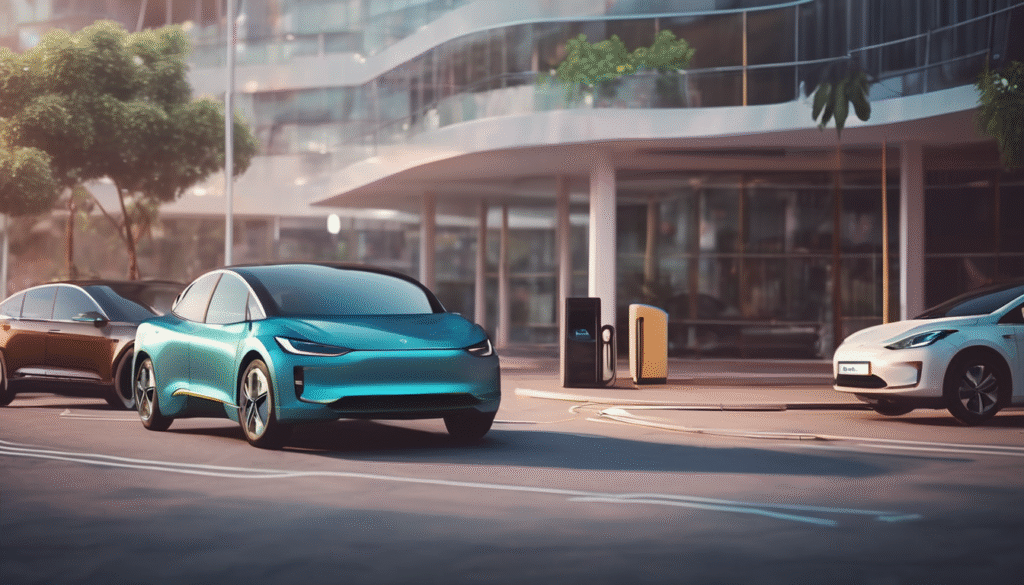
Future Prospects of Wireless & Solar EV Charging in India
As we look to the future, the integration of wireless and solar technologies into the EV charging ecosystem in India holds significant promise. The government’s ambitious EV policies, including subsidies and incentives for electric vehicles, support the transition to these innovative charging solutions.
Government Initiatives and Policies
Recent policies, such as the new EV scheme targeting foreign auto investment, showcase the government’s commitment to supporting the electric vehicle market. These policies are designed to:
- Encourage local manufacturing of EVs and components.
- Expand the charging infrastructure across urban and rural areas.
- Promote research and development in emerging technologies, including wireless and solar charging.
Market Trends and Consumer Acceptance
With increasing awareness of climate change and environmental sustainability, consumer acceptance of electric vehicles is on the rise. This shift is further enhanced by the availability of advanced charging technologies. The collaboration between automakers and tech companies plays a crucial role in:
- Creating user-friendly charging solutions.
- Establishing reliable service networks.
- Educating consumers about the benefits of EVs and the convenience of modern charging technologies.
Challenges to Overcome
Despite these advancements, several challenges remain that could hinder the growth of wireless and solar EV charging technologies:
- Infrastructure Readiness: The readiness of the current infrastructure to accommodate new technologies.
- Public Awareness: Educating the public about the benefits and availability of these technologies.
- Investment and Funding: Securing sufficient investment to build the necessary infrastructure for widespread adoption.
Conclusion
The future of electric vehicle charging in India is bright, with wireless and solar technologies poised to revolutionize the way we think about sustainable mobility. As the government continues to promote clean energy initiatives and the private sector innovates, India can become a leader in the electric vehicle market. It’s an exciting time for EV enthusiasts and environmentally-conscious consumers alike, as these advancements pave the way for a greener tomorrow.
If you’re eager to learn more about the latest developments in the electric vehicle sector, check out articles like Electrifying the Future: Unveiling the Tata Nexon EV or stay updated on the competitive landscape with insights from Ford’s Competitive Move: Discounting the Mustang Mach-E. For a glimpse into the future, don’t miss the Mahindra BYD Seal: The Future of Electric Cars in 2023.
FAQs
1. What is wireless EV charging?
Wireless EV charging uses electromagnetic fields to transfer energy from a charging pad to a vehicle, eliminating the need for physical cables.
2. How does solar EV charging work?
Solar EV charging utilizes solar panels to convert sunlight into electricity, which can be used to charge electric vehicles.
3. Are there any government incentives for solar charging stations in India?
Yes, the Indian government offers various incentives, including tax benefits and subsidies, to promote the installation of solar charging infrastructure.
4. What are the challenges facing wireless EV charging in India?
Challenges include high costs, the need for standardization, and efficiency concerns when compared to traditional wired charging methods.
5. How can consumers support the adoption of EV charging technologies?
Consumers can support adoption by choosing electric vehicles, advocating for better infrastructure, and participating in community discussions about sustainable practices.


